“A good nonfiction book,” said James B. Stewart ’73, “is a tremendous amount of work. And it is hard. …
“If it were so easy, nobody would need me to do it. So there’s a silver lining.”
Stewart would know. He is completing his 11th nonfiction book and, like most of his others, it is an expanded exploration of a topic he covered as a Pulitzer Prize-winning newspaper reporter and columnist or as a contributor to The New Yorker.
The stories are timely, but because of the multi-year process spanning idea to publication, “you want themes to emerge in the book that, at least in my view, are fairly timeless” and provide “a window into human nature,” he said. He has written about lawyers and prosecutors, a murderous physician and a 9-11 hero, business and politics.
When he began work on his latest book, which details the Redstone family’s battle to control ViacomCBS Inc., he continued writing his column for The New York Times but soon took a leave of absence – a luxury that Stewart, like most new writers, could not afford early in his book-writing career. While writing his bestselling 1991 book, “Den of Thieves,” he worked days as the front page editor of The Wall Street Journal and wrote six or seven hours at night.
 “When I finally got to the end of that, I said ‘never again,’” he said. Even with a leave from his day job, Stewart said, the constant work makes weekdays and weekends blur.
“When I finally got to the end of that, I said ‘never again,’” he said. Even with a leave from his day job, Stewart said, the constant work makes weekdays and weekends blur.
After he submits a manuscript to his editor and his agent for their feedback, he’ll make revisions and continue reporting, verifying facts with original sources and maybe showing them what he has written “to make sure that I haven’t misinterpreted something,” he said. If a mistake is found, “I correct that. Then somebody will give me an anecdote where there are three people involved and I have no reason to doubt them but, in the fact-checking process, if not before, I have to go to the other participants and say, ‘I heard this; did the following happen? And, if not, what did happen?’
“I’m sure readers don’t have any idea that a one-paragraph description of the meeting can take weeks of time before you get everybody.”
Yet he is not put off by the work, which he finds “deeply satisfying. … I think every writer has moments of anxiety and doubt along the way like, ‘oh, my God, is this going to work out? Is this comprehensible? Is this really a book? Does it make sense?’
“You know, you can be wracked with doubt and you finally get over the line and realize that you are proud of it, which in the end is more important, I think, than what anyone else says. It’s a really wonderful feeling.”
DePauw Magazine
Spring 2022
 Ever-changing challenges
Ever-changing challenges New approaches
New approaches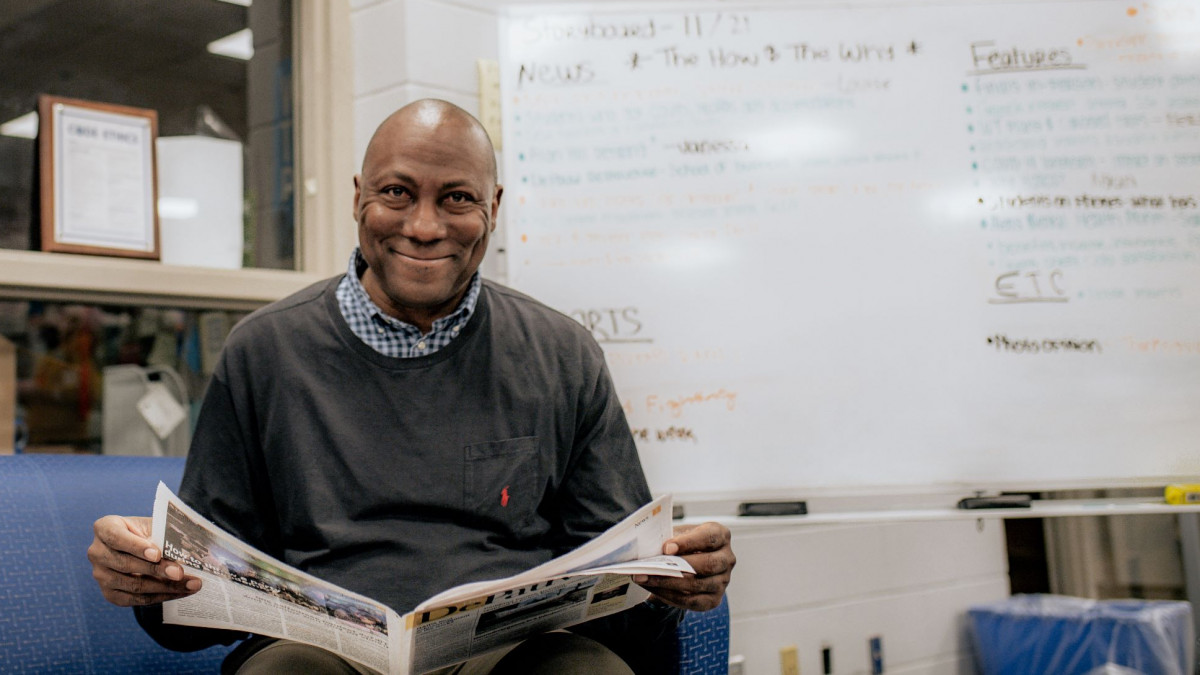 First Person by Samuel Autman
First Person by Samuel Autman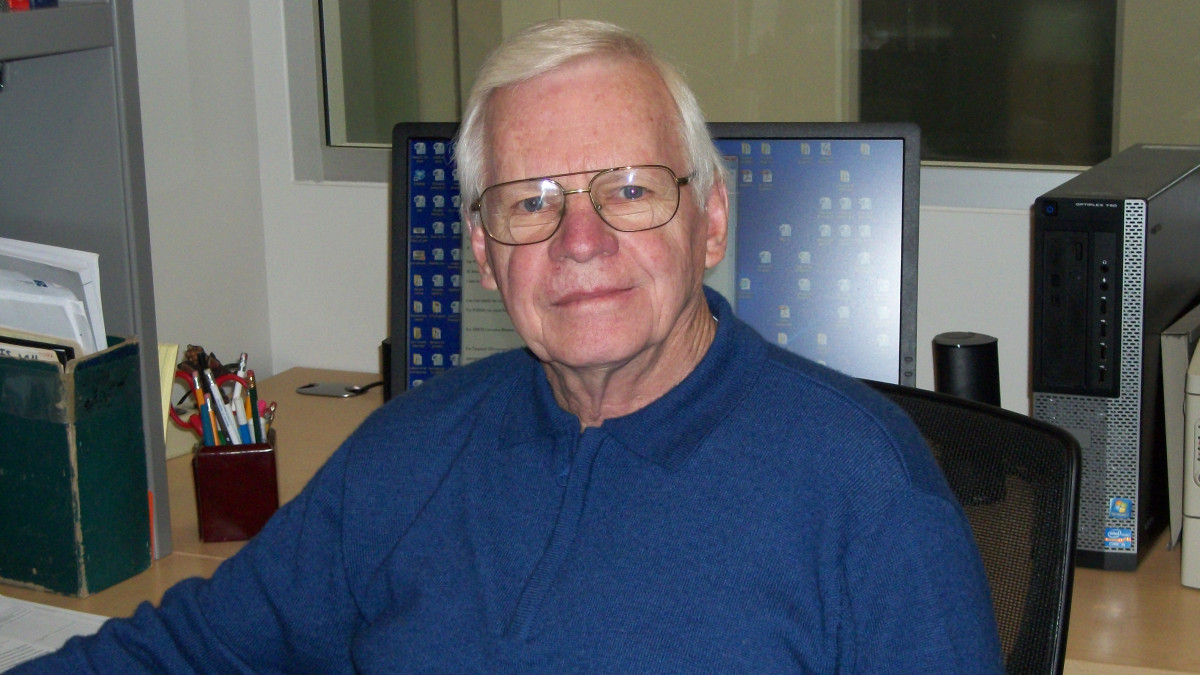 ’62 champ still swimming after all these years
’62 champ still swimming after all these years The Bo(u)lder Question by Maggie Schein
The Bo(u)lder Question by Maggie Schein Lessons in accountability
Lessons in accountability 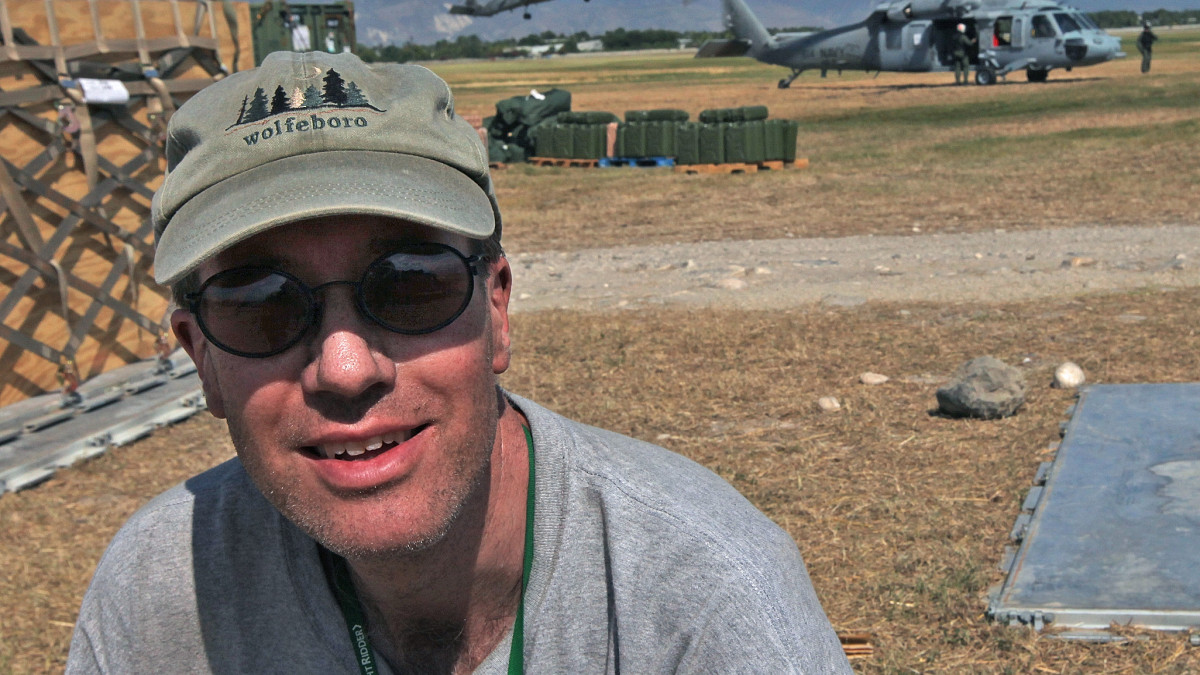 Stories people care about
Stories people care about A watchdog
A watchdog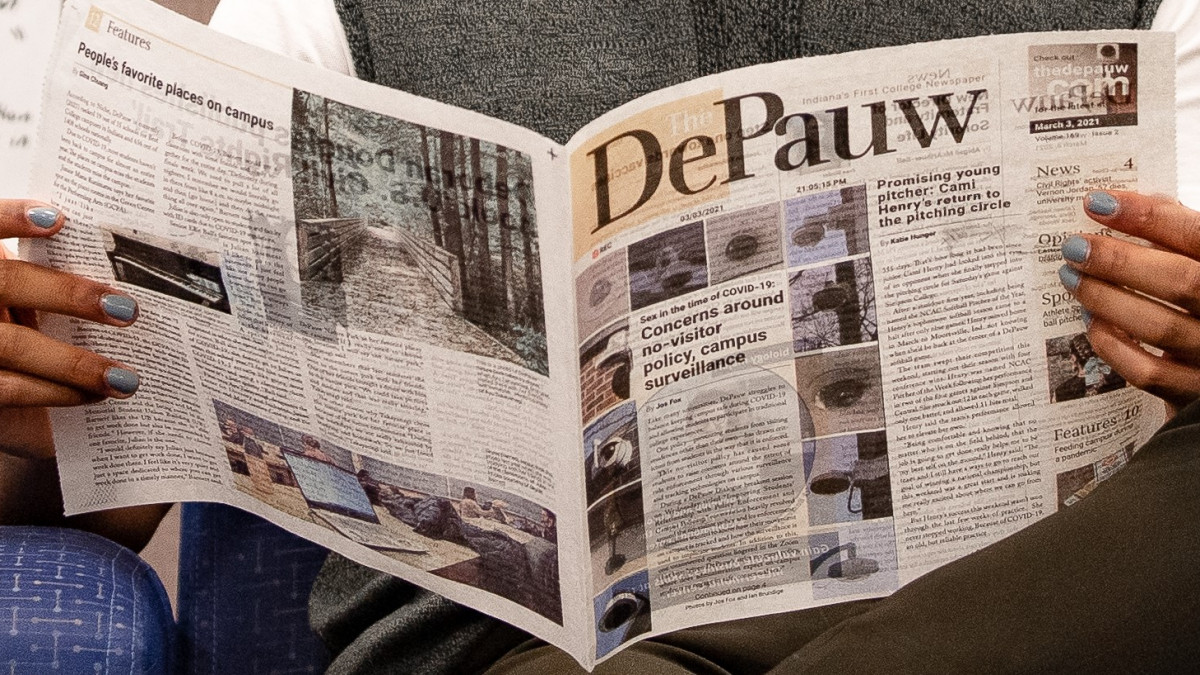 Eye-opening experience
Eye-opening experience Ethical decision-making
Ethical decision-making A way to give back
A way to give back Confidence-builder
Confidence-builder A solid foundation
A solid foundation  Collaborative spirit
Collaborative spirit A sense of identity
A sense of identity Freedom to experiment
Freedom to experiment Meeting Jimmy Hoffa
Meeting Jimmy Hoffa The DePauw at 170
The DePauw at 170 The book seller
The book seller The reader
The reader The publicist
The publicist The children’s book publicist
The children’s book publicist The ad director
The ad director  The sales director
The sales director  The literary fiction editor
The literary fiction editor The nonfiction editor
The nonfiction editor The assistant editor
The assistant editor  The literary agent
The literary agent The illustration agent
The illustration agent The ghostwriter
The ghostwriter The niche publisher
The niche publisher The accidental author
The accidental author The self-published author
The self-published author The children’s author and illustrator
The children’s author and illustrator  The bestseller
The bestseller The fiction author
The fiction author The nonfiction author
The nonfiction author From Inkling to Ink: How a book becomes a book
From Inkling to Ink: How a book becomes a book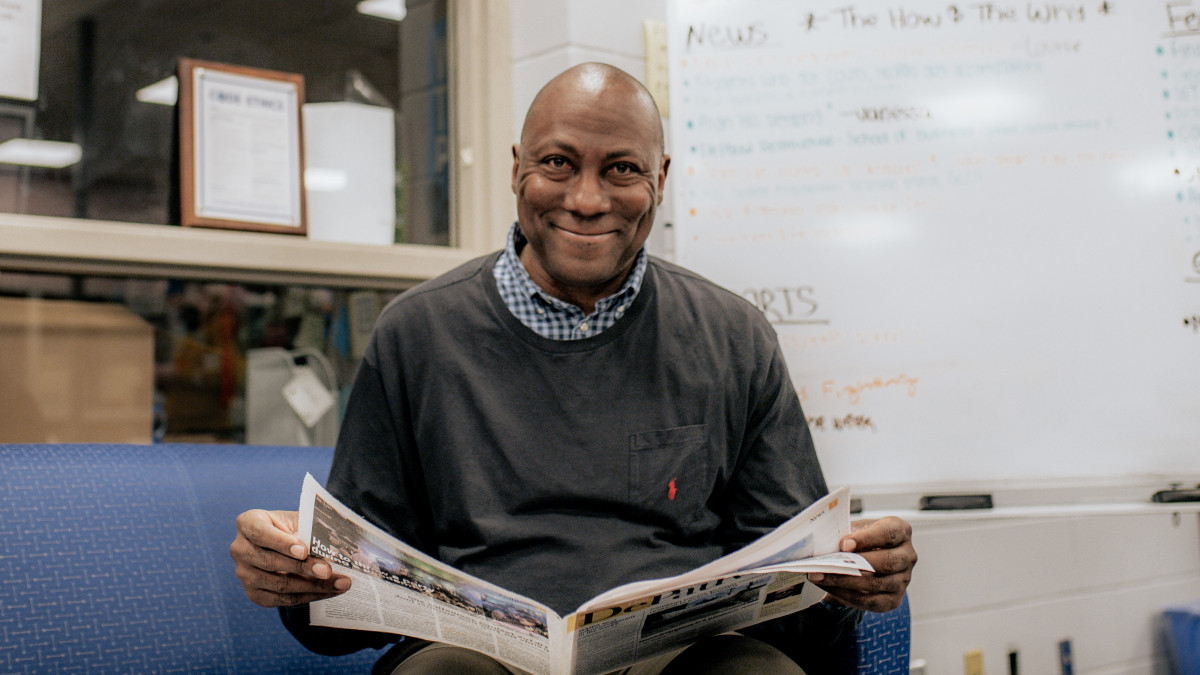 The memoirist-in-the-making
The memoirist-in-the-making DePauw Magazine - From Inkling to Ink: How a book becomes a book
DePauw Magazine - From Inkling to Ink: How a book becomes a book
DePauw Stories
A GATHERING PLACE FOR STORYTELLING ABOUT DEPAUW UNIVERSITY
Browse other stories
-
Athletics
-
Football - 336 Students Named to 2025 Spring Tiger Pride Honor Roll
-
Football - DePauw-Record 190 Student-Athletes Named to NCAC's Dr. Gordon Collins Scholar-Athlete Honor Roll
-
Football - DePauw Unveils 2025 Athletics Hall of Fame Class
More Athletics
-
-
News
-
Alumni News Roundup - June 6, 2025
-
Transition and Transformation: Inside the First-Year Experience
-
Alumni News Roundup - May 21, 2025
More News
-
-
People & Profiles
-
11 alums make list of influential Hoosiers
-
DePauw welcomes Dr. Manal Shalaby as Fulbright Scholar-in-Residence
-
DePauw Names New Vice President for Communications and Strategy and Chief of Staff
More People & Profiles
-
-
Have a story idea?
Whether we are writing about the intellectual challenge of our classrooms, a campus life that builds leadership, incredible faculty achievements or the seemingly endless stories of alumni success, we think DePauw has some fun stories to tell.
-
Communications & Marketing
101 E. Seminary St.
Greencastle, IN, 46135-0037
communicate@depauw.eduNews and Media
-
News media: For help with a story, contact:
Bob Weaver, Senior Director of Communications.
bobweaver@depauw.edu.